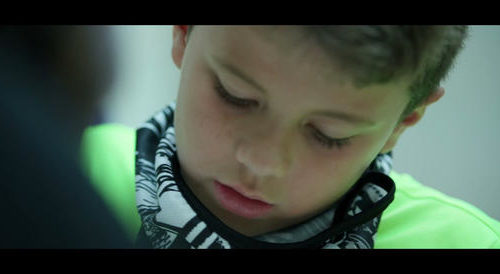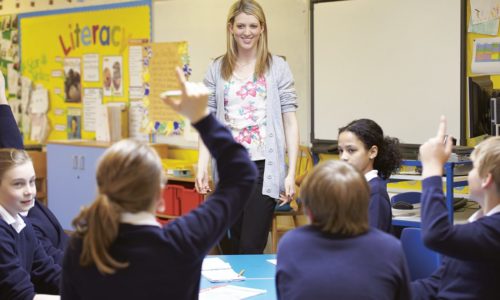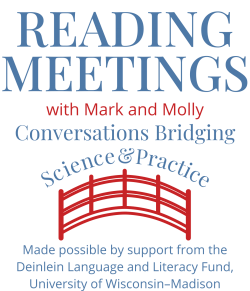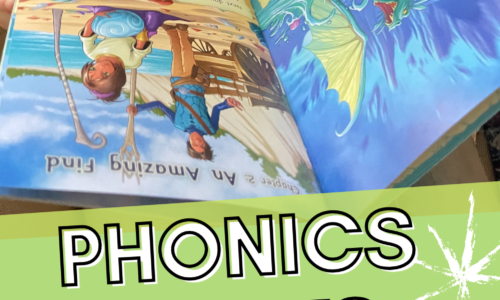
So often in the past, I have had parents sit in my reading tuition lessons observe their child, a struggling reader, learn to read. With a structured phonics program and decodable books that support it, the child begins to decode words independently. At first it is laborious and some children may need a great deal…
Read More




